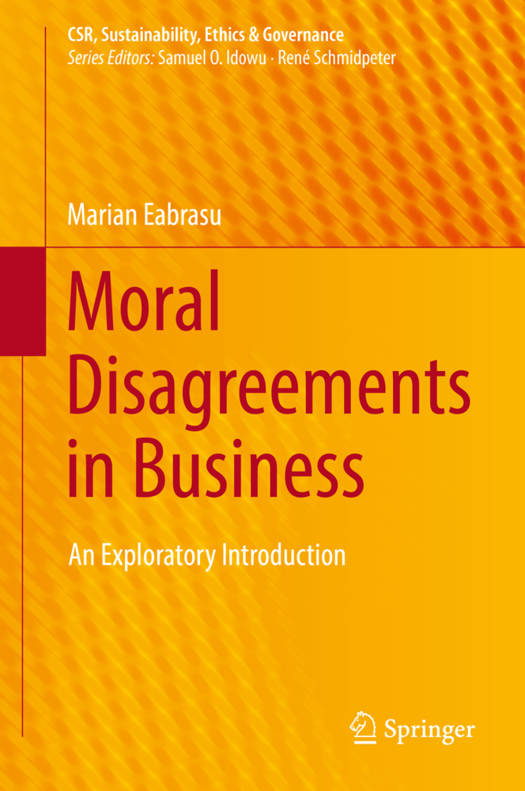
- Afhalen na 1 uur in een winkel met voorraad
- Gratis thuislevering in België vanaf € 30
- Ruim aanbod met 7 miljoen producten
- Afhalen na 1 uur in een winkel met voorraad
- Gratis thuislevering in België vanaf € 30
- Ruim aanbod met 7 miljoen producten
Zoeken
Omschrijving
This book disassembles the moral assessment of business practices into its constituent parts to identify and clarify the four key concepts that form the basis of important moral disagreements in business: 'personhood,' 'ownership,' 'harm,' and 'consent.' 'Moral bottom lines' are those fundamental concepts in business ethics that ultimately account for our most resilient moral claims and unsurpassable convictions, and exploring them provides essential insights into the grounds on which we disagree in business ethics. This analysis is useful for students in business school looking to understand fundamental moral disagreements in business and for practitioners interested in connecting practice with their own moral intuitions. The book also challenges scholars of business ethics by arguing that we can reduce business ethics disagreements to these four issues.
"This is the most refreshing book on business ethics to appear in a long time. By focusing on 'personhood,' 'ownership,' 'harm,' and 'consent,' Eabrasu brings a new level of clarity and insight into disagreements on business ethic issues. Rather than reaching for an artificial utopian resolution, he embraces the challenge of explaining why we disagree. This is a must-read for serious business ethic scholars."Nicolas CapaldiLoyola University New OrleansLegendre-Soulé Distinguished Chair in Business Ethics
"This is the most refreshing book on business ethics to appear in a long time. By focusing on 'personhood,' 'ownership,' 'harm,' and 'consent,' Eabrasu brings a new level of clarity and insight into disagreements on business ethic issues. Rather than reaching for an artificial utopian resolution, he embraces the challenge of explaining why we disagree. This is a must-read for serious business ethic scholars."Nicolas CapaldiLoyola University New OrleansLegendre-Soulé Distinguished Chair in Business Ethics
Specificaties
Betrokkenen
- Auteur(s):
- Uitgeverij:
Inhoud
- Aantal bladzijden:
- 134
- Taal:
- Engels
- Reeks:
Eigenschappen
- Productcode (EAN):
- 9783319970097
- Verschijningsdatum:
- 22/09/2018
- Uitvoering:
- Hardcover
- Afmetingen:
- 156 mm x 243 mm
- Gewicht:
- 338 g

Alleen bij Standaard Boekhandel
+ 209 punten op je klantenkaart van Standaard Boekhandel
Beoordelingen
We publiceren alleen reviews die voldoen aan de voorwaarden voor reviews. Bekijk onze voorwaarden voor reviews.











